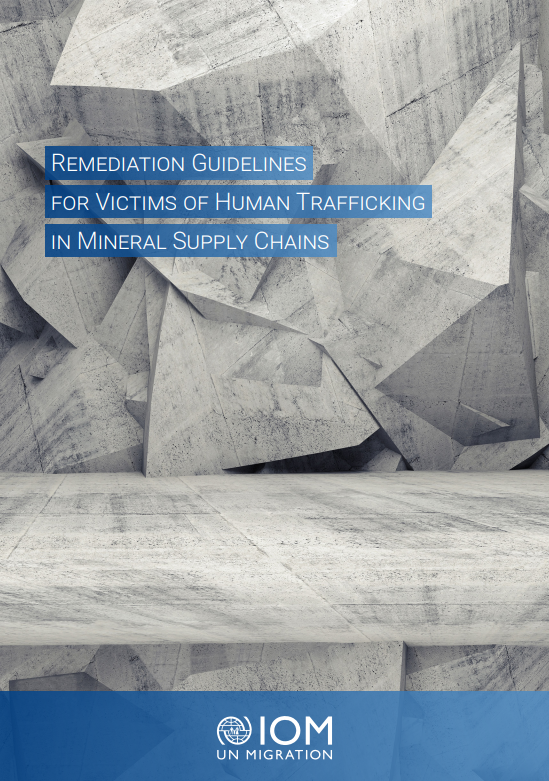In recent years, there have been many reports of workers in supply chains being abused, exploited and even trafficked. Therefore, the expectation that businesses should carry out due diligence to address adverse impacts has grown considerably.
As outlined in the United Nations’ Guiding Principles on Business and Human Rights, businesses not only have a responsibility to prevent human rights abuses, but also to provide remedies to victims where harm has occurred.
While meaningful progress has been made to prevent human rights abuses through greater due diligence, up to now there has been limited guidance and knowledge of best practices to help businesses remediate adverse human rights impacts when they do occur.
In this context, IOM has developed a set of practical guidelines for downstream companies and their business partners to ensure that victims of exploitation are adequately protected and assisted. These guidelines go beyond due diligence; they provide concrete guidance to companies on how to take incidents forward when victims have been identified in the supply chain.
The guidelines set forth a Six-Step Operational Remediation Process for downstream companies to consider when a victim has suffered harm linked to the downstream company’s operations, products or services:
• Step 1: Verify the allegation
• Step 2: Determine the type and level of response
• Step 3: Design the remediation action plan
• Step 4: Implement and monitor the remediation action plan
• Step 5: Incident closure
• Step 6: Capture lessons learned
The operational remediation process helps downstream companies and their business partners, particularly audit programmes, smelters and refiners, identify the steps to follow, the stakeholders to engage with, and the different factors to consider, to respond to substantiated incidents of exploitation in their supply chain so that, ultimately, victims are provided with an effective remedy.
They were developed in consultation with a number of key players who are currently active in this field, including audit programmes, smelters and refiners, intergovernmental organizations, NGOs, and IOM experts. The guidelines rely on a review of existing literature, as well as case studies and IOM’s experience protecting hundreds of thousands of victims of exploitation and supporting governments and civil society organizations to better protect victims of trafficking. They take into account valuable inputs from victims and affected communities.
Although they have been developed specifically for downstream companies in mineral supply chains, the approach described by the guidelines can be also applied to upstream actors and other sectors. It is our hope that they will serve as a starting point for all companies wishing to initiate or expand their remediation work.

